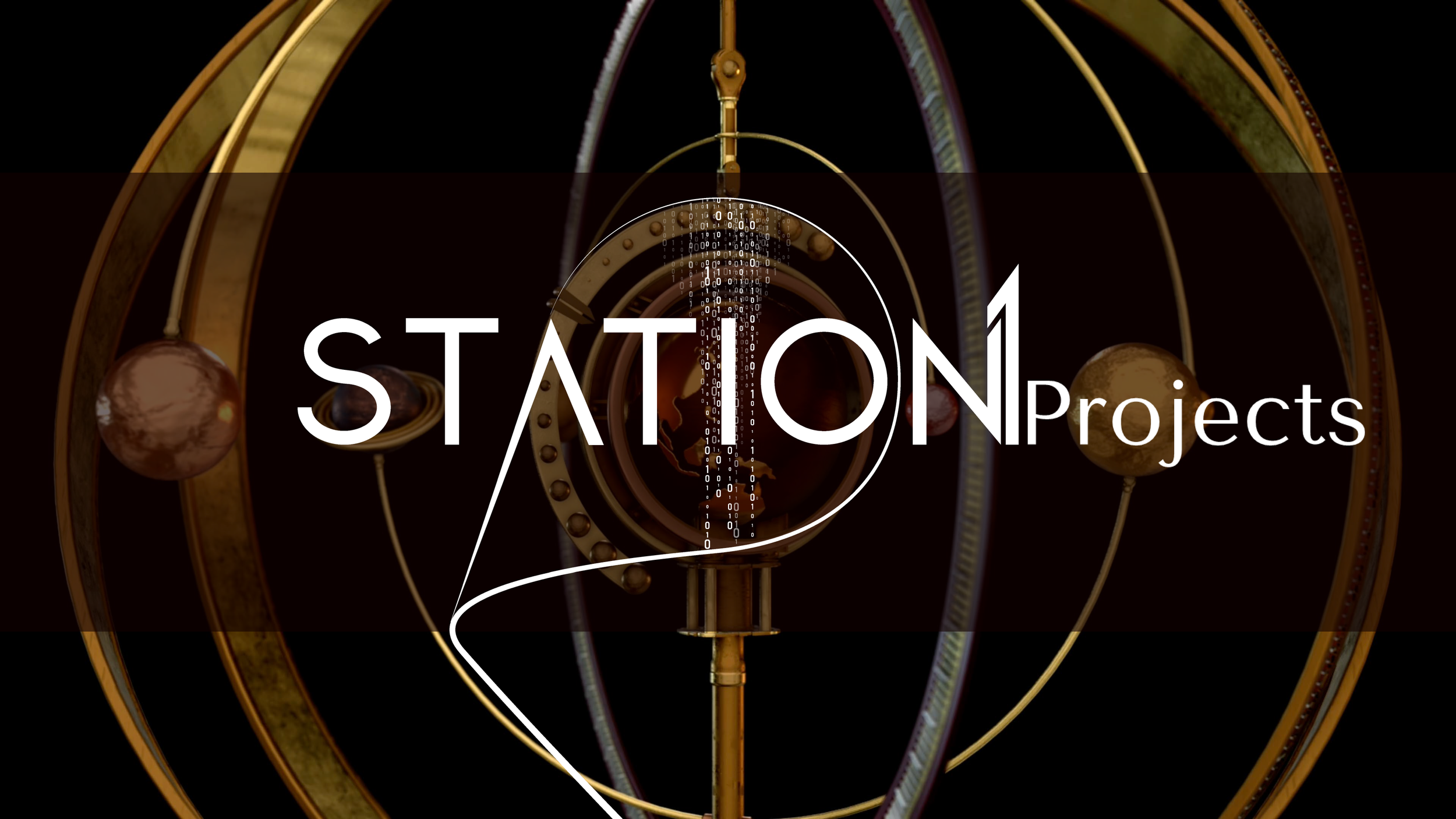
Reimagining
the Technological University
-
This focus area develops new approaches to teaching and learning grounded in directional research-based pedagogy, emerging educational technologies, applied experiential learning in partnership with innovation organizations. Directional research-based pedagogy aims to cultivate the capacities, values, and imagination needed to prepare the next generation of scientists and technologists to shape sustainable and transformative societal and planetary outcomes.
-
This area of focus advances innovative interdisciplinary university curriculum across engineering, humanities and the social sciences, including retrospective case studies, computational simulations, immersive experiences, place-based sociotechnical inquiry, in directional science and technology. Station1 supports curricular development among college and university educators and prestigious, fully-funded educational experiences such as the Station1 Frontiers Fellowship (SFF).
-
This focus area advances innovative educational approaches that connect learners across borders, cultures, and disciplines in the pursuit of directional science and technology. It emphasizes global collaboration through international partnerships, joint initiatives and programs, immersive global learning experiences, and digital learning platforms that link students, educators, and practitioners worldwide.
Catalyzing
New Forms of Research
-
AI can be harnessed to not only accelerate discovery and innovation, but also to intentionally guide the trajectories of science and technology toward transformative and beneficial outcomes for society and the planet. An example project is the AI-enabled discovery and design of sustainable materials through modeling, simulation, and optimization of technical performance alongside environmental, social, and economic factors.
-
Major technological discoveries and transformations lead to second-order and cascading impacts of proximate technologies on communities and systems. A current example project focuses on socioresilient infrastructure across civic, municipal, defense, and applied nuclear domains, for example, persistent water contaminants, infrastructure and treatment technologies.
-
This thematic area advances innovative funding models — including mission-oriented collective impact networks, novel incubator structures, ecosystem-level investment platforms, and philanthropic venture funds — to mobilize resources which align with the principles of directional science and technology.
Shaping
Innovation Ecosystems
-
Studies of the fundamental mechanisms, factors, and societal impacts of the interplay and evolution of technological and social innovation underpins beneficial outcomes for society and the planet. An example project in this thematic area includes studies of medieval and contemporary religious mega-infrastructures as crucibles of technological and social innovation.
-
This thematic area cultivates social capital and collaborative co-creation through professional education in directional science and technology among technology and innovation leaders (e.g. start-up founders, chief technology officers, boards of directors, etc.) to align emerging technologies with sustainable, responsible, and transformative pathways for societal and planetary impact.
-
This thematic area develops new approaches to measure, assess, and model the technological, environmental, and social impacts of innovation, creating indicators and models that capture not only economic performance but also sustainability, cultural impact, and long-term societal transformation.

The 2025 Station1 Frontiers Scholars (SFS) is a transformative and prestigious opportunity for undergraduates to engage in a pioneering model of cross-disciplinary research and learning centered on directional science and technology. Built upon the principle of intentionally guiding scientific and technological development toward positive societal and planetary impact, SFS challenges participants to interrogate, understand, and shape the trajectories and cascading effects of scientific and technological innovation. SFS is a fully -funded hybrid (virtual and in-person) experience that centers around an intensive in-person curricular and research immersion in Cambridge, Massachusetts (held at the MIT IHQ Innovation Headquarters) and Lawrence, Massachusetts, USA on October 23–26, 2025. Prior to and after the in-person immersion component Station1 Scholars will engage in scaffolded independent virtual research and study. Scholars will learn directly from leading researchers at the frontiers of science and technology while collaborating on impactful, interdisciplinary research projects. SFS welcomes applications from currently enrolled undergraduates across all Science, Technology, Engineering, and Math (STEM) fields. Planned research project areas include computation and artificial intelligence, materials. manufacturing, and infrastructure, biotechnology, and climate and the environment.
Station1 Frontiers Scholars (SFS)
Station1 Frontiers Fellowship (SFF)
The Station1 Frontiers Fellowship (SFF) is a prestigious, fully-funded 10-week experience for undergraduate students focused on directional and socially-directed science and technology education, research, and innovation. The SFF integrates three programmatic components: 1) A research experience in emerging areas of science and technology with leading established and startup partner companies, research institutes, and nonprofit organizations in areas such as biotechnology and health technologies (e.g. tissue engineering, marine genomics, synthetic biology, diagnostics, circular biomaterials), civic technologies, socially-directed computation - artificial intelligence / machine learning, assistive technologies, water technologies, environmental and climate technologies, agricultural technologies, and sustainable materials and manufacturing; 2) a cross-disciplinary shared curriculum taught by world-class scientists, engineers, and researchers applied to and integrated with the research projects with topics that bridge disciplines, and research methods and 3) personal and professional advancement activities that combine inclusive scientific and technological leadership, collaboration and communication.

Understanding the past to foster more responsible technological futures
— Station1
image: Lawrence History Center


